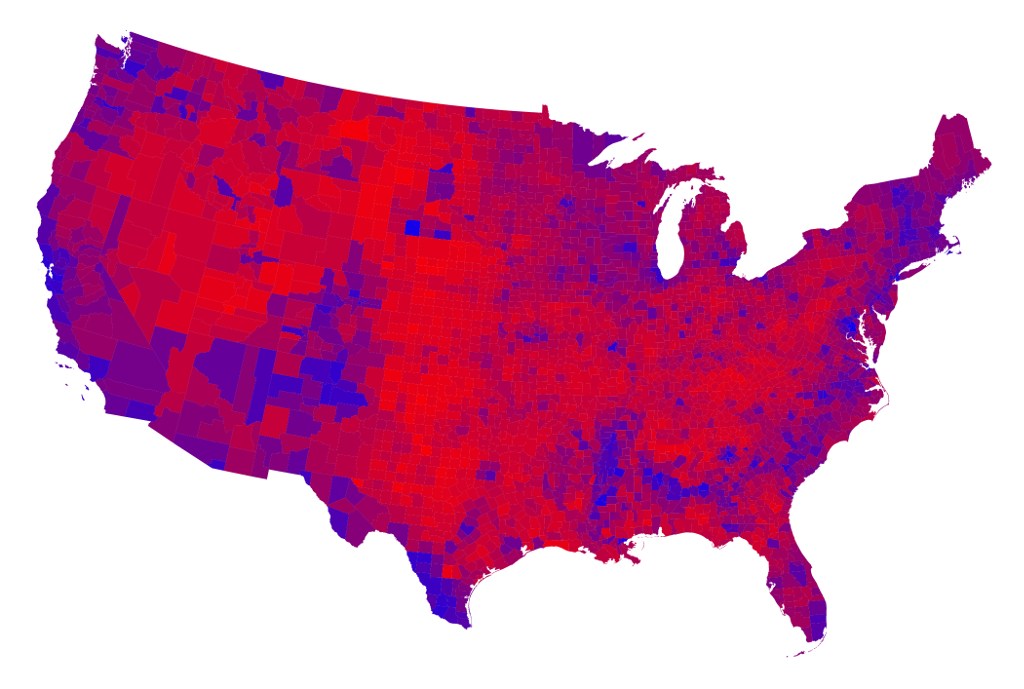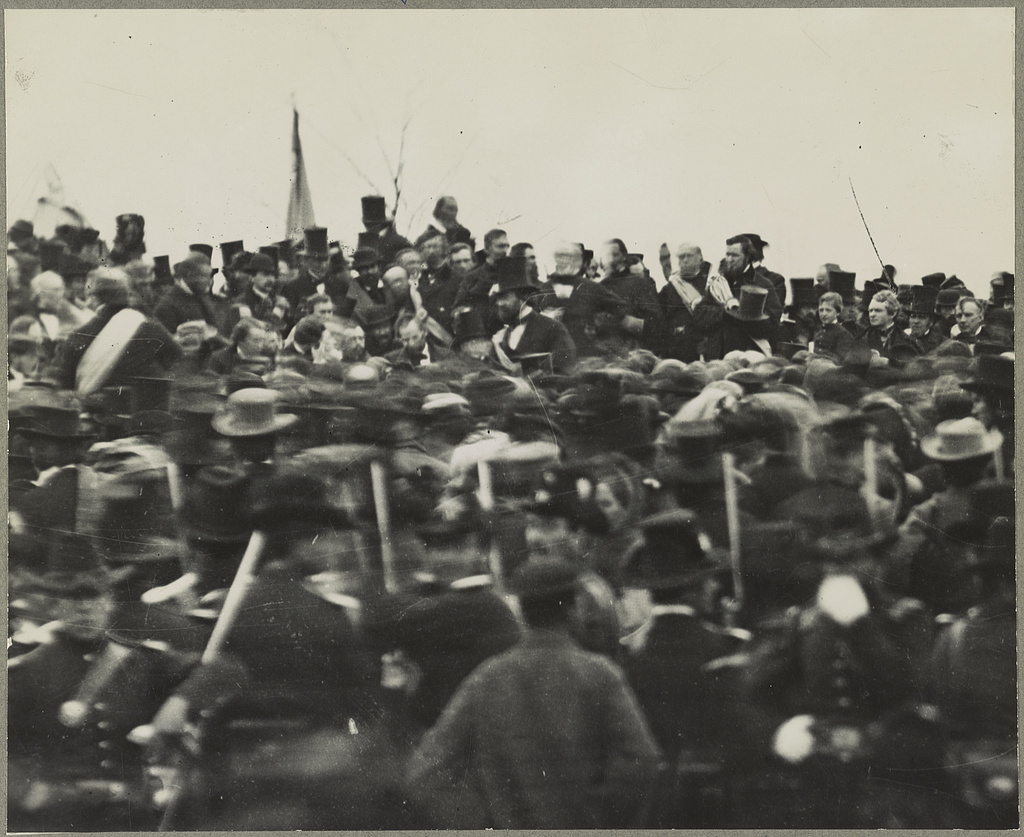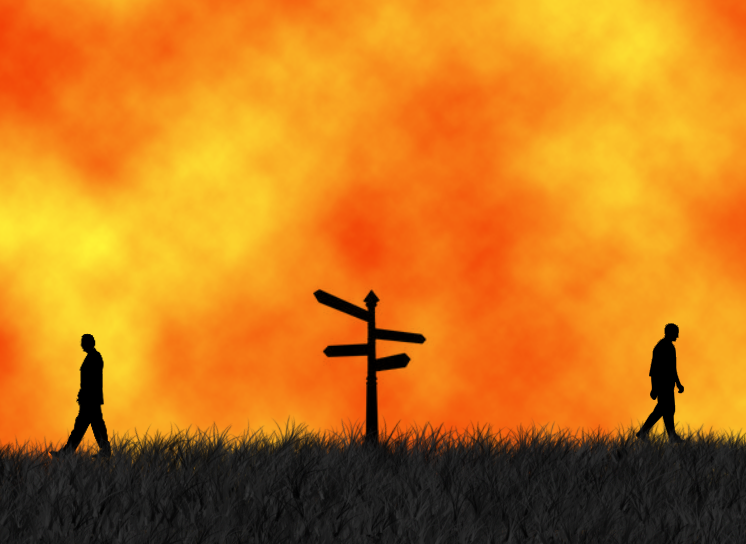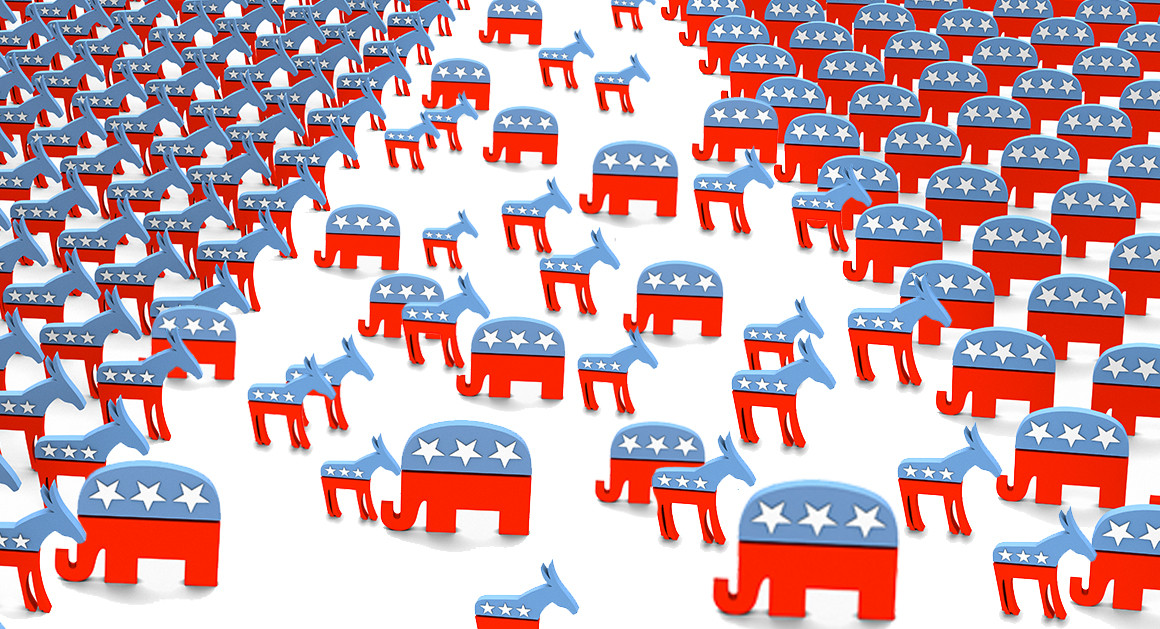Donald Trump and the Altogether True and Amazing Origin of the United American Counties.
Keep Texas Red
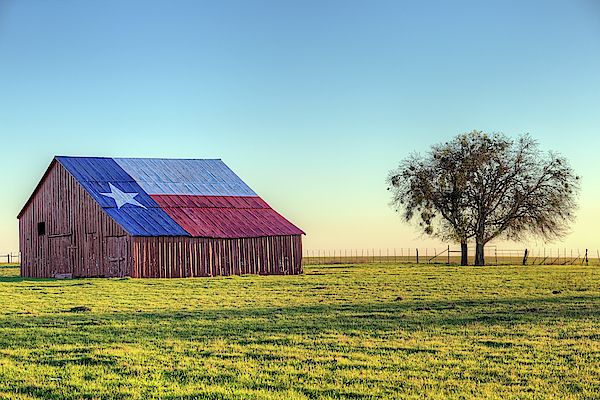
Here’s how.
Texas is still a red state, but it’s not the Republican stronghold it used to be. Whereas Republican candidates earned well over 60% of votes in states like Oklahoma and Alabama in 2020, they earned a little over 50% in Texas—a result more resembling Florida than anything else.
This was better than the Senate race two years ago when Sen. Ted Cruz, the man who came closest to beating Trump in the GOP primary, barely won reelection against a relatively unknown congressman Robert “Beto” O’Rourke.
But Texas is very much a battleground state, and Democrats, despite their frustrations, are right to see possibilities there. The image many people have of a dusty open prairie populated by oil barons, ranchers, and women with big hair needs correction. Nowadays, Texas is the land of never-ending urban sprawl with an incredibly diverse population.
Instead of acknowledging this fact, some writers like Derek Thompson at The Atlantic and even the sage staff at The Babylon Bee attribute Texas’s leftward lean to Californian newcomers bringing their progressive politics with them. However, the data doesn’t seem to reflect this. Like Cubans and Venezuelans who fled Communist dictatorships and proceeded to turn Florida a deeper shade of red, Californians leaving their neo-feudalist state for the Lone Star State are mostly voting Republican. Governor Greg Abbot recently recognized that Texas’s conservative reputation has been key factor in its rapid growth.
This suggests that it’s actually native Texans who vote for Democrats and tilt leftward. Much of this is the natural product of Texans’ increasingly urban economy and the rise of more formally educated generations. But some is also a cultural insecurity deeply embedded in the Texan psyche.
The Blue Spread
An electoral map will show Texas as a bright red pan-shaped state dotted a with a few blue precincts. But those precincts are becoming ever more prominent. They comprise dense counties (Travis, Harris, Dallas, etc.) which vote Democrat in heavy numbers.
What is changing is that this voting behavior now extends into the suburbs. Although many suburbanites flee the cities for the safety of HOAs and gated communities, they still desire the sights and sounds of the city. For example, in Dallas Fort Worth, this can be seen in the uptown-style mixed-use building complexes of the northern suburbs, with chic boutique stores, coveted microbreweries, and trendy eateries (no one calls them “restaurants” anymore) on the first floor, and upscale lofts and studios above. There’s a Whole Foods, a Trader Joes, or a Starbucks on every corner, and bike and bus lanes rule the streets.
Unfortunately, the upscale urban lifestyle brings with it urban politics. Suburbanites have far more in common with the public worker and middle manager than they do with the rancher, farmer, or oil worker. Even if the Democrat platform promises more taxes, more public housing, less choice, and a host of policies that will kill businesses, they seem nicer, stabler, and more established—and in the safety of a suburb, the serious consequences of Democrat governance seem distant and improbable.
Contributing to this attitude are the colleges and universities in Texas. As in the rest of country, these schools are bastions of leftist ideology. Each campus has a diversity office, a multicultural center, socialist clubs, and myriad layers of bureaucracy. Their faculties are also reliably progressive and do their part to perpetuate progressive narratives: America and Western civilization are systemically racist and oppressive; Christianity is anti-science and causes war; climate change threatens humanity; capitalism is evil; etc.
While the reality of working a job and paying for rent washes away some of this indoctrination, my conversations with old students show that much of it sticks around. Most graduates probably won’t identify as committed socialists, but they will have more than few reservations about Republicans and conservative thought. It also doesn’t help that so many graduate with gargantuan sums of debt that prevent them from fully enjoying the career benefits of having a college degree.
The influence of urbanization and colleges can explain much of Texas’s evolving politics, but there is a third factor that makes native Texans turn Democrat: cultural insecurity. This is a difficult thing to gauge, but it can be seen in a few ways. The best way would probably be to visit Austin and see how hard the city tries to imitate the granola, libertine, hipster trends of California. Like California, it has the craft breweries, hippies (who coined the town motto “Keep Austin weird”), tech startups, periodic protests from UT students, electric cars, and plenty of homeless encampments. Leftist Texans think this is evidence of cool, and they keep up this lifestyle well beyond college as they regularly condemn Republicans for being all that is wrong with the world.
Texan cultural insecurity, or the collective fear of missing out (FOMO), can also be seen in the work of Mike Judge and Richard Linklater, the two most prominent Texan filmmakers. Judge’s masterpiece is his television show King of the Hill, which successfully captures the typical Texan’s experience in a changing world. Like most Texans, the protagonist Hank Hill generally seeks stability and contentment while working as a propane salesman and living the American Dream. And yet, the main conflict of each show challenges Hank’s worldview and forces him to make his stand or adjust. For the most part, Hank is secure in his Texan-ness, but many of his real-life doppelgängers cave to the pressure of imitating people on the coasts.
Linklater’s films go even deeper in exploring Texan cultural anxiety, particularly his movies Boyhood and Bernie. Boyhood, a movie that was filmed over 12 years with the same cast, shows the stifling atmosphere of the Texas suburban life. The protagonist (the boy) starts out as an unimpressive child with divorced parents but grows into an artistic college kid having pretentious philosophical discussions—needless to say, he will not vote Republican. In Bernie, Linklater satirizes (albeit lovingly) the more provincial aspects of Texan culture by telling the story of a beloved mortician Bernie who commits murder. It’s no surprise that many Texan Democrats often growing up in a small towns like Bernie’s have come to associate conservatism with such backward-thinking yokels.
Trump and the New Party
For his part, President Trump has successfully rebuilt the Republican coalition to include and validate the Hank Hills of the world and people like Bernie’s small-town neighbors in East Texas. Trump’s message of bringing back jobs, ending wars, curbing mass immigration, and celebrating American values—all delivered with his brash authenticity—has resonated among groups who formerly kept away from the GOP. This explains his surprising popularity among Hispanic voters, and it helps explain why his Texan supporters continue fighting for him. Although Senator Ted Cruz once derided Trump’s “New York values” in a 2016 primary debate, many Texan conservatives now welcome Trump’s prickly candor as “Texas values”—including Cruz himself.
Unfortunately, this approach does threaten to push away people who identify with privileged skateboarders like Beto who spout Leftist platitudes, or Wendy Davis, who once idiotically told wheel-chair bound Greg Abbot that he “hasn’t walked a day in my shoes.” These candidates have yet to win over the majority of Texans, but some slightly smarter candidates could easily do so.
Therefore, whatever happens with presidential election, Republicans need to capitalize on the gains made by Trump’s America First agenda and start drawing in those voters in the cities and suburbs. The Republican Party does need to become a working-class party, but not only that: it needs to become an American majority party encompassing large chunks of all groups.
This means appealing to the throngs of middle managers and engineers living in the sprawling suburbs, embracing the urban pioneers ushering in the coastal fads and crunchy lifestyles, and even college graduates seeking freedom of thought from the Boomer-infested academies. How? Many of these types are pressured into conforming with Democrats—they aren’t true believers. Conservatives—more and more of whom have recently joined the Right—need to stop mocking them for acting like sheep and help them push back instead. Texas, because of its diversity and dynamism, is the best place they can start doing this.
The Democrats can preach their phony unity while making gulag lists. Republicans can offer an alternative by working to create real unity. If they succeed, they can turn Texas from a divided battleground state to a conservative model for the rest of the nation to follow.
The American Mind presents a range of perspectives. Views are writers’ own and do not necessarily represent those of The Claremont Institute.
The American Mind is a publication of the Claremont Institute, a non-profit 501(c)(3) organization, dedicated to restoring the principles of the American Founding to their rightful, preeminent authority in our national life. Interested in supporting our work? Gifts to the Claremont Institute are tax-deductible.
There’s no separate peace with our centralized elites.
The real America needs a refounding.
A response to “Rebecca.”
A proposal for a renewed America.
This extended republic, mess that it is, is still the last best hope for freedom on this earth.

